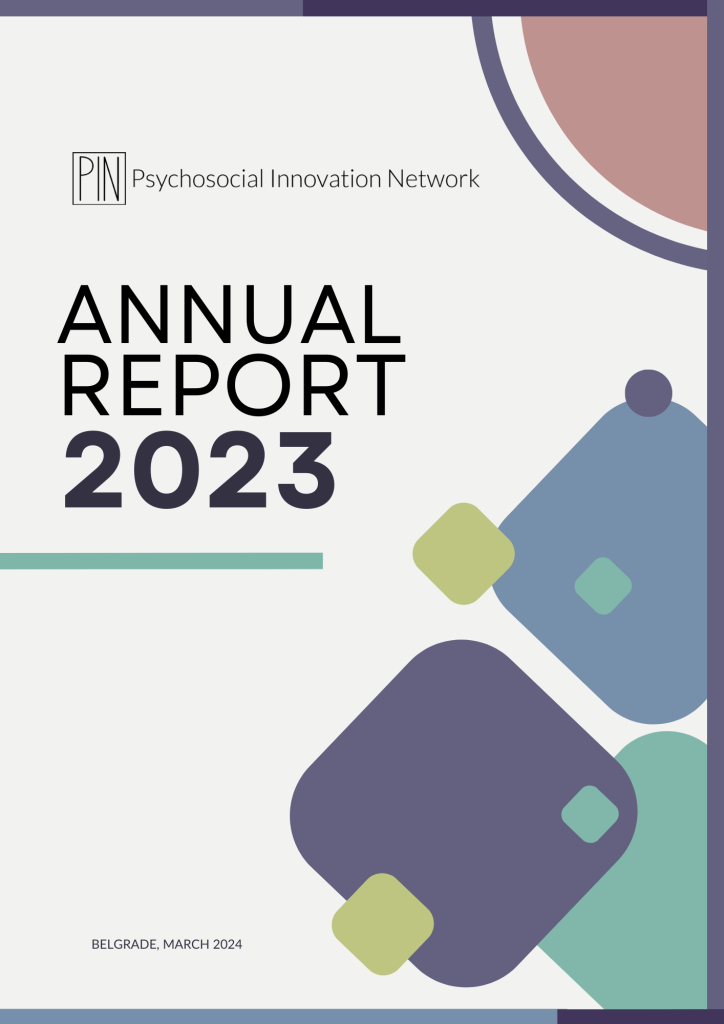
Our 2023 Annual Report is here! Although we have already stepped into 2024, we wanted to take a closer look at everything we did, the activities we carried out, as well as everything we were grateful for during the previous…

Our 2023 Annual Report is here! Although we have already stepped into 2024, we wanted to take a closer look at everything we did, the activities we carried out, as well as everything we were grateful for during the previous…
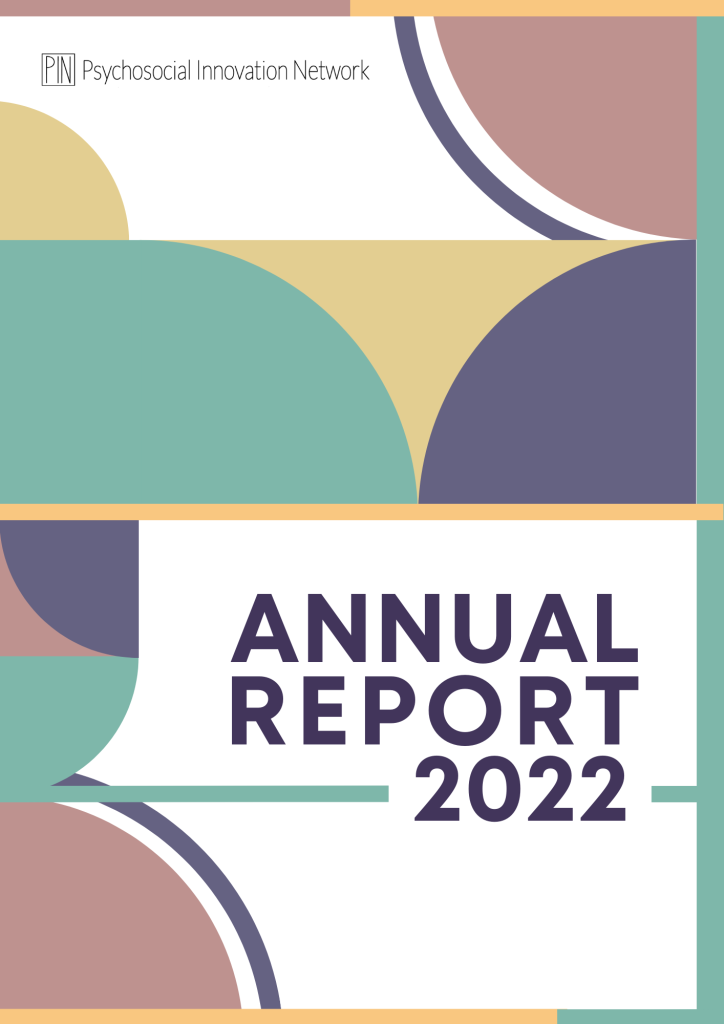
We stepped into the year 2023, but we still wanted to remember everything we were doing and achieved during 2022, the associates and partners who helped us, the activities we carried out and everything we are (especially) proud of. About…

In response to the identified needs to ensure the availability of free and non-stigmatizing services focused on mental health and psychosocial support in local communities, in March 2022 PIN began cooperating with eight local self-government units on piloting psychosocial support…
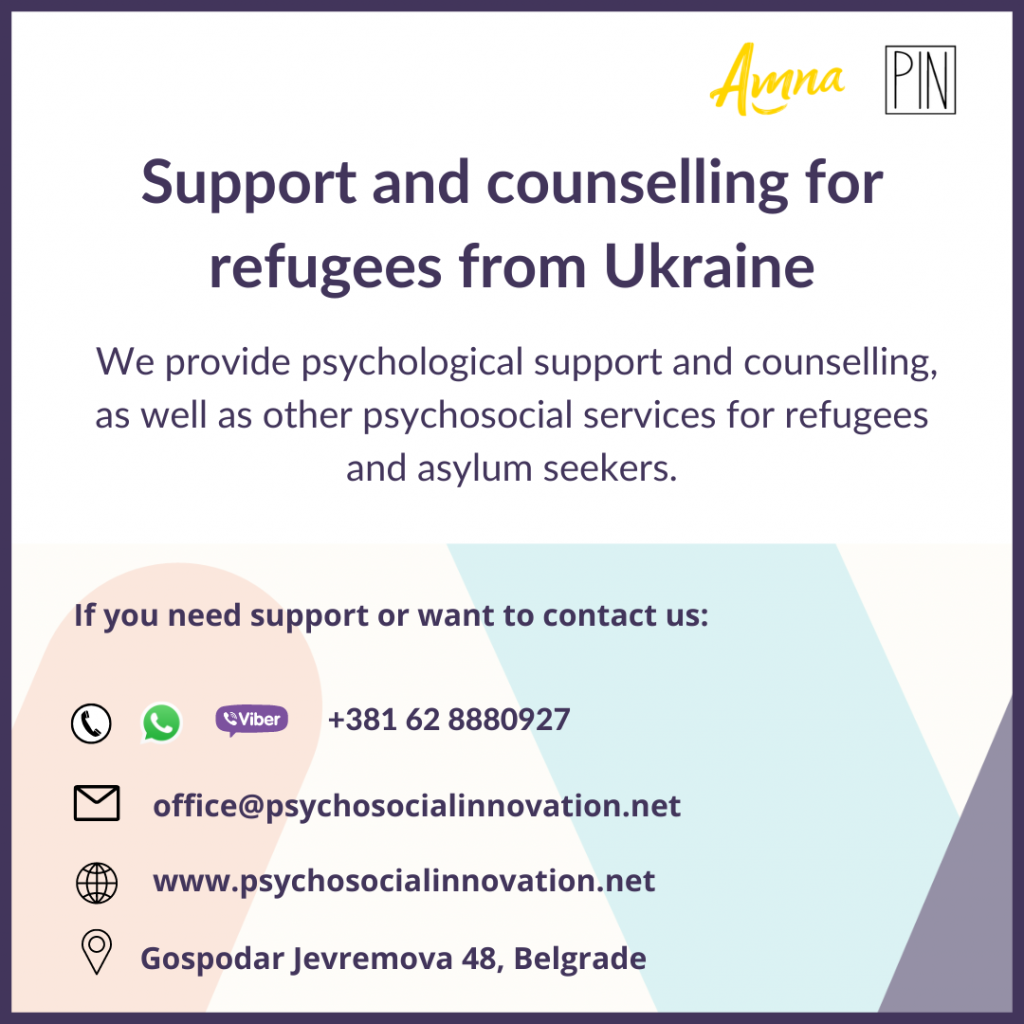
PIN provides free psychological and psychosocial support to refugees from Ukraine! Support includes various psychological interventions, from psychological first aid to continuous individual and group psychological counseling. Thanks to Amna for the support in the implementation of the activities!
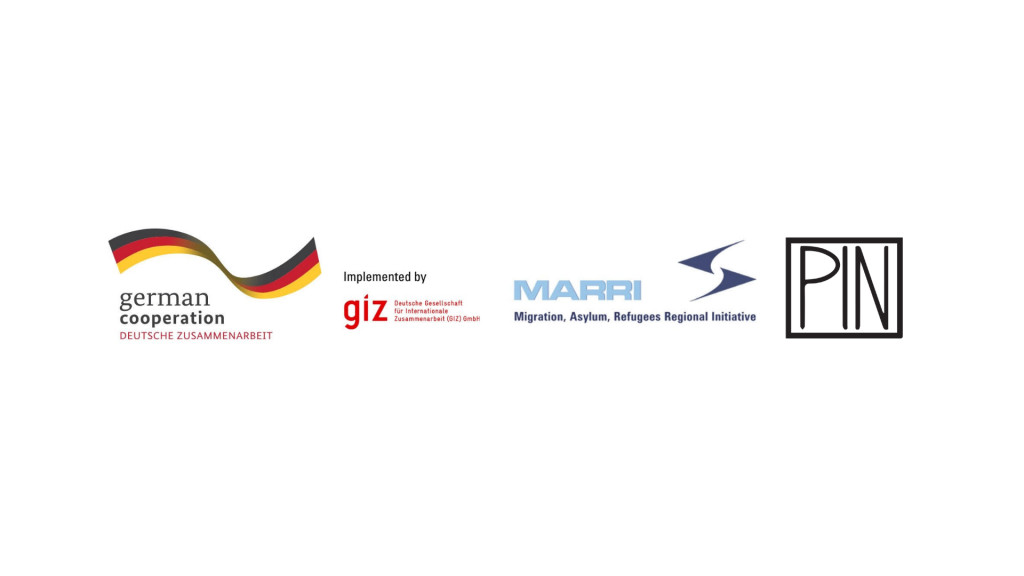
Description: As a part of the project Heal and Connect: Towards the improvement of mental health protection of vulnerable groups through networking and evidence-based practice, funded by GIZ, PIN is opening a call for a research expert for developing approaches…
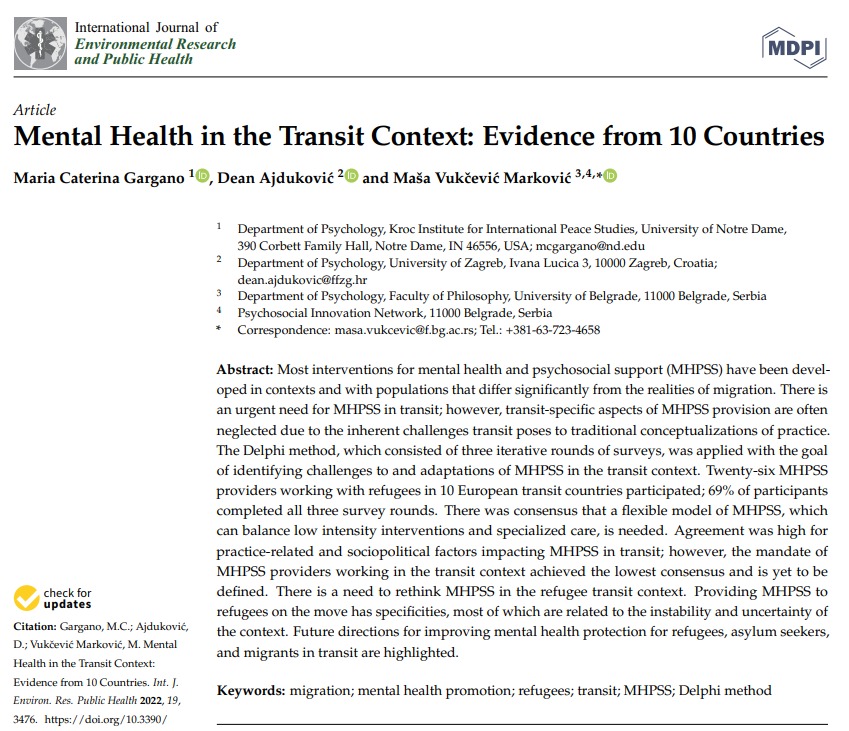
The first international study conducted as part of the CoReMH work has been published! The study deals with mental health in the transit context, and questions whether MHPSS interventions should be rethought and adjusted in accordance with different characteristics of…
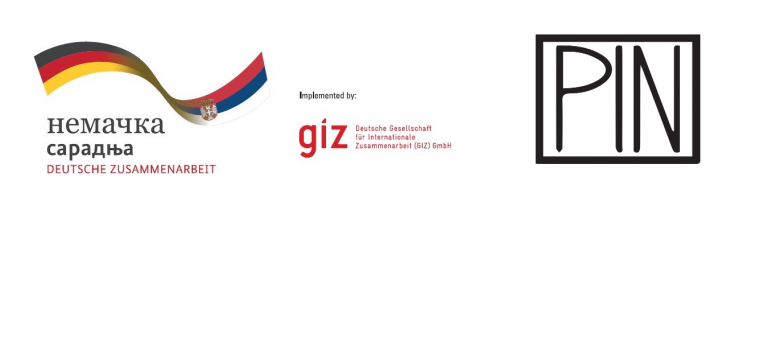
Description: As a part of the project Strenthening mental health through community support networks, implemented by PIN, within the German-Serbian Development Cooperation project Social Welfare Services for sensitive groups, implemented by GIZ, PIN is opening a call for 8 local…
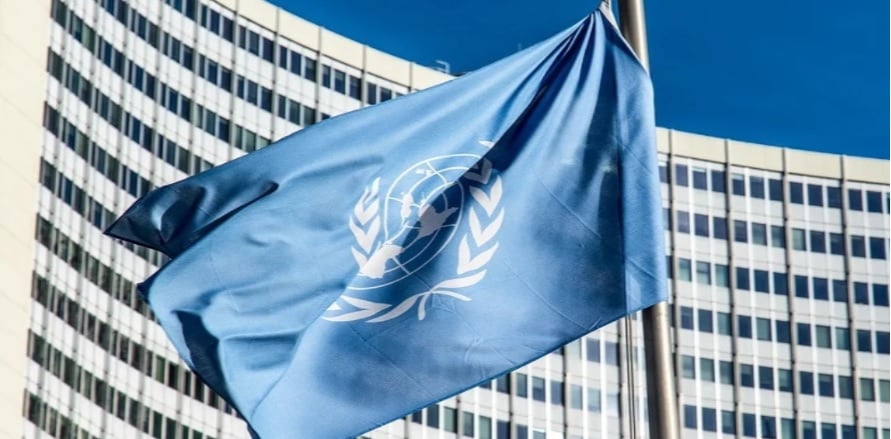
UN Committee on Economic, Social and Cultural Rights considered our first alternative report regarding mental health protection in Serbia! To read it, follow this link – https://bit.ly/3JI94nx. It was an honour to participate, together with other CSOs from Serbia, in this…

Description: As a part of the project Strenthening mental health through community support networks, implemented by PIN, within the German-Serbian Development Cooperation project Social Welfare Services for sensitive groups, funded by GIZ, PIN is opening a call for experts for…

Description: As a part of the project Heal and Connect: Towards the improvement of mental health protection of vulnerable groups through networking and evidence-based practice, funded by GIZ, PIN is opening a call for a research expert for refugees’ mental…
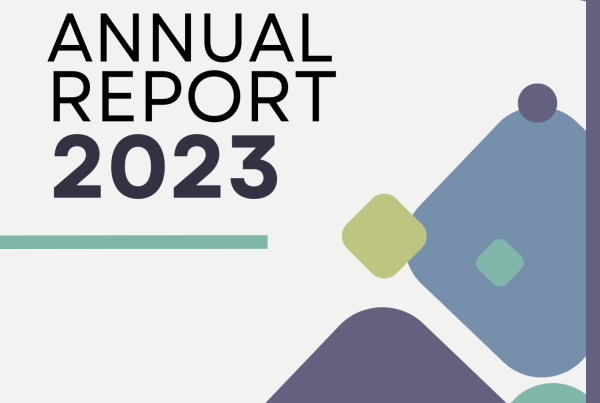
Our 2023 Annual Report is here! Although we have already stepped into 2024, we wanted to take a closer look at everything we did, the activities we carried out, as well as everything we were grateful for during the previous…
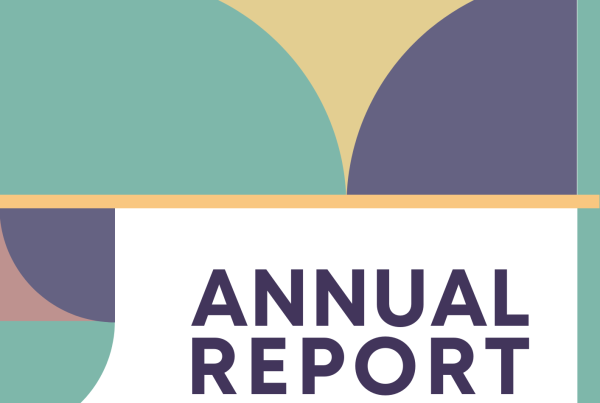
We stepped into the year 2023, but we still wanted to remember everything we were doing and achieved during 2022, the associates and partners who helped us, the activities we carried out and everything we are (especially) proud of. About…
November 10, 2020
May 23, 2020
May 3, 2020
April 27, 2020
April 18, 2020